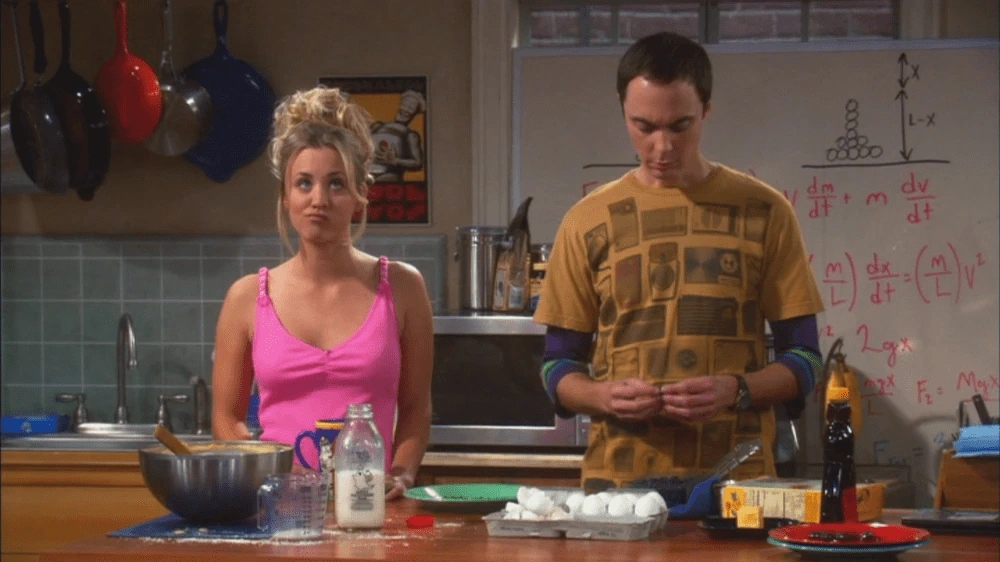Redefining Male-Female Friendships in Media|Social Issue article
Redefining Male-Female Friendships in Media: Beyond Romantic Tropes

Sheldon Cooper and Penny from 'The Big Bang Theory'
It is a common trope in many movies and TV shows; We've all seen the same storyline play out plenty of times already: a female character starts off as just a friend to the male lead, but as the story progresses, she inevitably becomes his romantic interest by the end.
While this plotline is not unrealistic, relationships are nuanced and ever changing , it often oversimplifies the complexity of platonic bonds and fails to capture the richness of genuine male-female friendships.
This leads into a problem, as there's a pervasive belief that such friendships are entirely impossible, largely fueled by the media's portrayal of these dynamics. However, the truth is quite different.
The reality of platonic relationships:
The idea that men and women can't be friends without romantic feelings getting in the way stems from deeply ingrained gender stereotypes. From an early age, we're bombarded with ideas that men and women exist in separate worlds and can't interact without romantic intentions.
This notion is reinforced by media portrayals, where platonic friendships between opposite genders are always overshadowed by romantic plots. As a result, many people internalize the idea that true friendship between men and women is inherently unattainable.
But the reality is far more nuanced. Male-female friendships, like any other relationship, thrive on mutual respect, understanding, and camaraderie. They're built on shared interests, experiences, and emotional support, rather than romantic attraction. Despite what the media might suggest, men and women are fully capable of forming deep and meaningful connections based on these foundations.
However, the prevalence of romantic narratives in media obscures this reality, leading to a lack of representation of genuine platonic friendships.
Media’s role in redefining gender interactions:
Media has a powerful influence on shaping our perceptions and attitudes towards relationships, including friendships. When male-female friendships are only depicted through the lens of romantic tension, it reinforces the myth that such friendships are incomplete without romantic involvement. This not only undermines the value of platonic connections but also perpetuates harmful gender stereotypes and expectations.
Fortunately, there's a growing recognition of the need for more authentic portrayals of male-female friendships in the media. Examples like Sheldon Cooper and Penny from 'The Big Bang Theory' and Joey Tribbiani and Phoebe Buffay from 'Friends' exemplify friendships done right. In both cases, these characters share deep bonds of friendship without any romantic undertones, showcasing the value of platonic connections between men and women.
By showcasing bonds that transcend romance and highlighting the value of platonic connections, media can challenge stereotypes and reshape cultural narratives.
In conclusion:
Genuine male-female friendships can be portrayed as sources of strength, support, and companionship, enriching the lives of the characters involved and providing audiences with relatable and empowering narratives.
While the trope of male-female friendships turning into romance may be widespread in the media, it doesn't accurately reflect the reality of human relationships.
By presenting authentic and respectful relationships between men and women, media challenges stereotypes, fosters empathy, and promotes healthier dynamics. As creators continue to prioritize nuanced representations, they play a crucial role in reshaping attitudes towards gender and promoting mutual respect in society.
Like this project
Posted Apr 3, 2024
Published an article on Medium exploring the oversimplified portrayal of male-female friendships in mainstream media.





